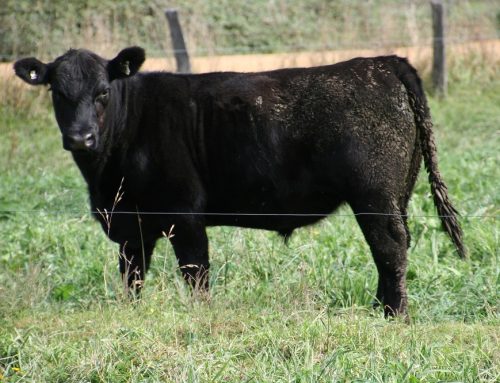Impact of Regulation on Small Farms
AFSA put in a submission to the Productivity Commission’s inquiry into the impact of regulatory burden in Australian agriculture. (Access the link to download the full response paper at the bottom of the page).
In our submission, we gave evidence of many examples of overly burdensome regulation stifling innovation and the very viability of small-scale farms. One such example is the terrible impact of lack of due process for Elgaar Dairy in Tasmania, who were shut down after 20 years of traditional production of organic milk when the food safety authority decided they needed a new pasteurizer and various upgrades to what they determine are more ‘modern’ standards. Elgaar has no history of food safety issues, and have now been without a license for over a year and a half, during which they crowdfunded over $250,000 to buy a new pasteurizer and meet the new requirements. The Tasmanian authority has yet to grant them another licence in spite of the upgrades and enormous amount of work done in good faith. AFSA condemns such draconian measures and unwillingness by government to support small businesses towards compliance.
Our submission also cites egregious examples from Victoria’s meat regulator PrimeSafe, the huge impact of knee-jerk changes to regulation of raw milk on small-scale dairy farms (many of whom have now gone out of business), and the complicated business of ensuring appropriate labeling of GMO and imported ingredients while not creating an extra burden for small-scale producers who sell directly to the public.
Our recommendations are:
- that the generic definition of intensive animal husbandry in all states be based on the impacts of the operation, which will be determined on a case by case basis by a metric that takes into account soil type, rainfall, nutrient import, livestock species, stocking density, and pasture coverage.
- create more flexibility in the regulation for the construction of dwellings built in support of the agricultural purposes on farms, while maintaining and strengthening guards against other non-agricultural development of land in the Farming Zone.
- a revision of the definition of ‘Intensive Animal Husbandry’ (to no longer include small-scale, low stocking density, free-range farms), that buffer distances are determined in close collaboration with communities on a case-by-case basis where intensive agriculture is proposed.
- that the overlapping regulations for abattoirs be reviewed and streamlined to support the development of new small-scale abattoirs to better service regional and rural Australia, and include provision for the safe regulation of mobile abattoirs.
- that there is genuine effort by regulatory agencies to better understand both traditional and innovative production methods. That no technology upgrades are imposed when operations have a clean record and demonstrate alternative methods of ensuring food safety.
- that compliance costs for food safety be reviewed and testing and auditing requirements be reformed to be fit for purpose and appropriate to scale.
- that risks associated with raw milk be mitigated through HACCP plans, as they are in fresh vegetable farming, meat, and honey production systems presently. That regulation appropriately reflects the actual risks involved with consumption and aim to ensure a safe supply.
- that a single food safety standard be adopted nationally to enable equitable competiveness across all state borders of Australia. However, this standard should be fit-for-purpose and scale appropriate, which is not currently the case.
Download AFSA’s full response paper HERE.




